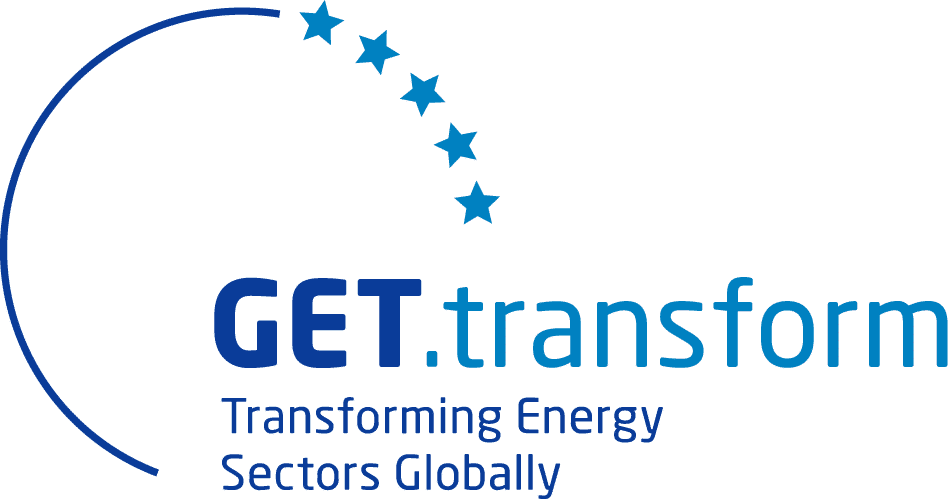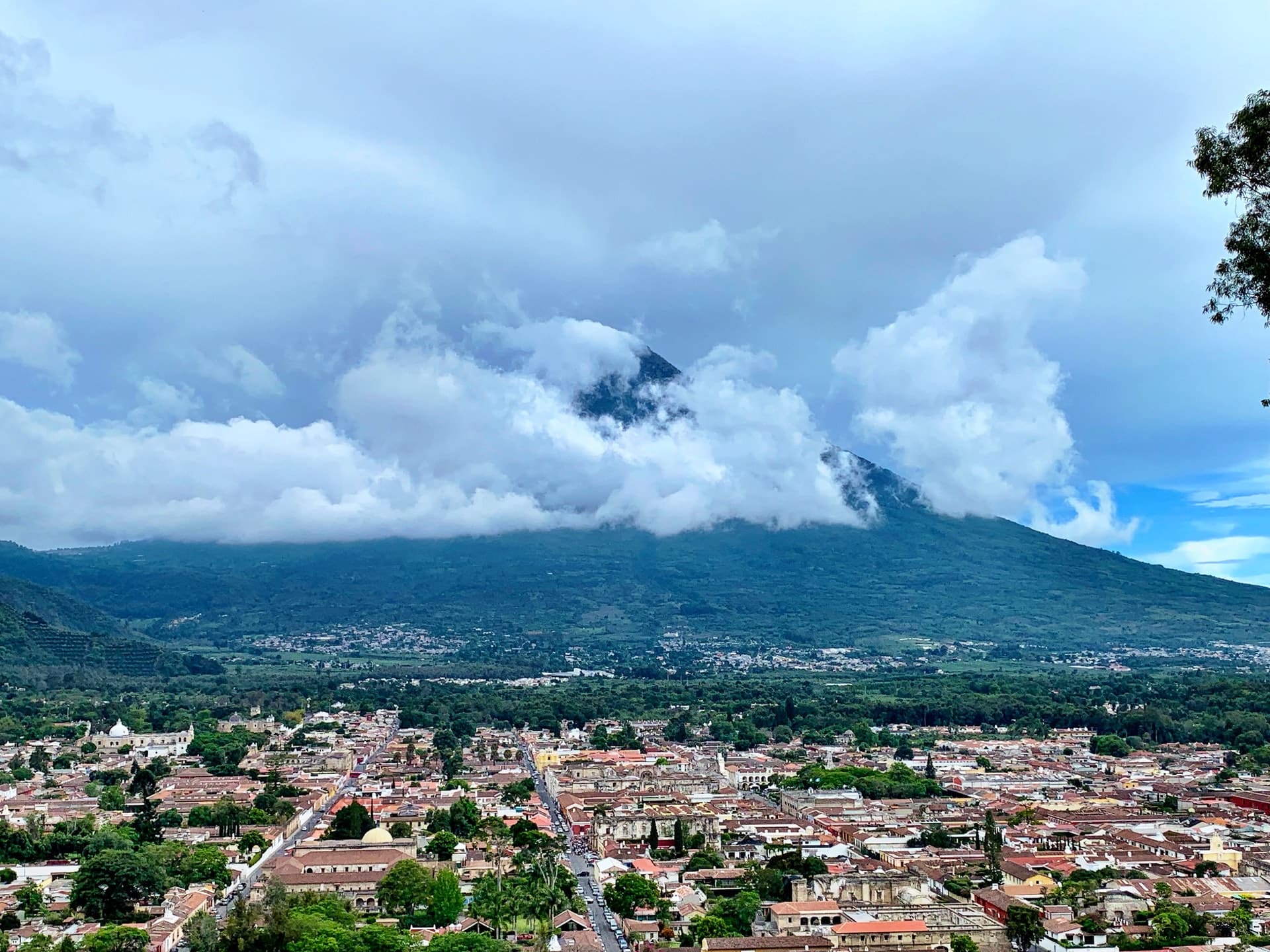Guatemala and Honduras concluded the seventh and final Virtual Seminar on “Long-Term Energy Scenarios (LTES) for Developing National Clean Energy Transition Plans in Latin America” on 2 June, 2021. The seminar was part of the joint series by IRENA, UN ECLAC and GET.transform. Built on IRENA’s Long-term Energy Scenarios (LTES) Network, the series was delivered in the framework of UN ECLAC’s Technical Forum of Energy Planners (FOREPLEN).
Best practices from Guatemala were shared by Mr. Gabriel Velázquez, Technical Director of the Energy and Mining Planning Unit. Energy priorities in Guatemala are framed from a political context by the 2020-2024 National Government Policy and the K’atun plan for 2032, intended to bring electricity to over 60,000 families and expand clean renewable energy access. Both plans are related to the National Energy Policy and its five pillars, the 2017-2032 National Energy Plan, and the 2019-2032 National Energy Efficiency Plan. At an international level, the relevant political environment of the country is also linked to the 2030 Agenda and its energy-related SDGs, as well as the Paris accords and NDCs. In the electricity sector, Guatemala counts with Generation and Transmission Expansion plans by 2020-2050, which takes into consideration projected demand, generation expansion plans, rural electrification, most likely scenarios, implementation, and renewable energy growth. Aiming to maintain a climate-resilient generation matrix, the plans promote investments in renewable energy sources, domestic natural gas and geothermal, as well as wind and solar generation. In parallel, the National Energy Efficiency Policy seeks to address excessive use of firewood, lack of energy efficiency indicators and knowledge, and promote the use of electric vehicles.
Jorge Cárcamo, Energy Specialist from the Honduran Department of Energy, presented lessons learned from Honduras, where energy policy constitutes a participative instrument that defines sustainable development in energy in the short, medium and long term. The goal is to improve the lives of citizens by fulfilling their energy needs, while meeting the country’s national and international commitments. The methodology used in Honduras consists of three phases: developing the energy agenda (2019-2020); developing overall vision and roadmap towards 2050 (2020-2021); and defining the energy policy, or PEN2050 (2021). To develop this energy policy, 14 thematic workgroups with over 900 technicians, specialists, and experts had been incorporated. The workgroups were complemented by a high-level committee of over 40 stakeholders representing the public, private and academic sectors, as well as civil society and international cooperation. The overall vision is for the energy sector to become inclusive, integral, resilient, efficient, transparent, and competitive, and aligned with the global agenda on sustainable development to provide universal and affordable access, guarantee energy security, promote the reasonable use of natural resources, and reduce the effects of climate change. Specific goals were set out for 2030 and 2050 to diversify the energy generation matrix and increase renewable resources. The final roadmap translates five strategic pillars into 24 strategic objectives, 104 individual goals, and 376 specific actions that need to be implemented.
To revisit the findings, watch the English webcast above, the Spanish recording here or explore the full LTES-LAC series.



